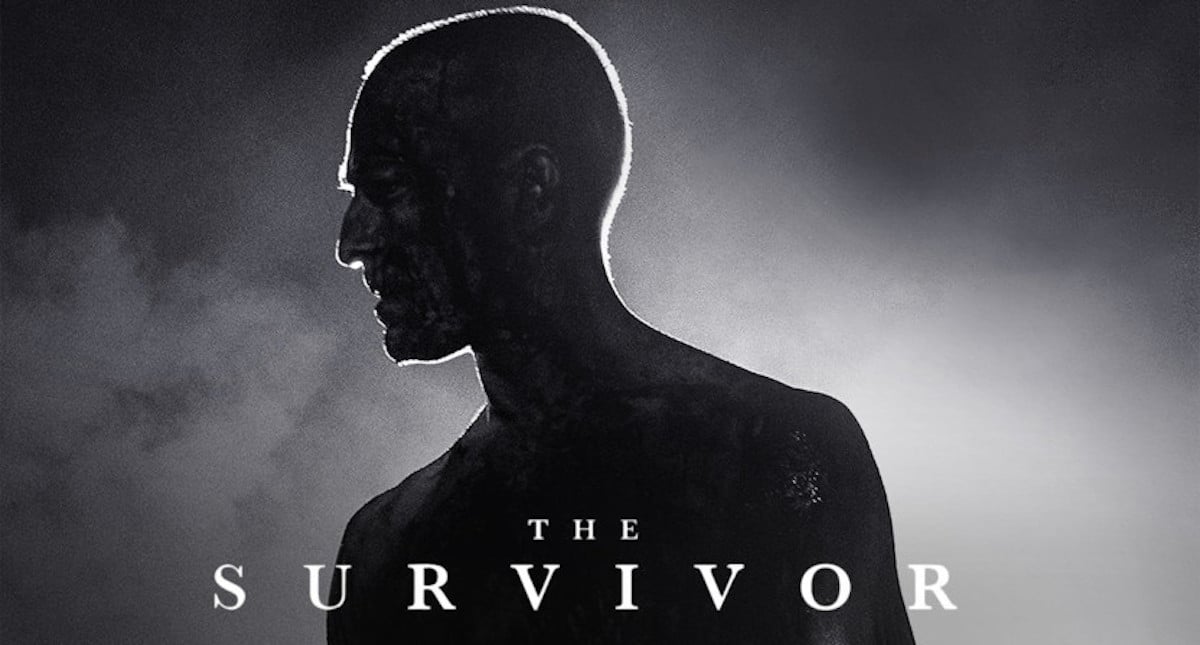While many films focusing on the Holocaust usually dwell on the horrors suffered by millions, HBO’s latest film The Survivor, focuses on boxer Harry Haft and his journey to find love and redemption in the face of anger and the regret over his choices to survive.
As the film opens, Haft is on the downturn of his boxing career having won the first thirteen matches to open his career but is in the middle of a seven-match losing streak. He a throws a powerful right hook but it is not enough to salvage his career. His trainers, promoter and friends all question his motivation for fighting until he meets a reporter interested in his story. Haft enters the ring introduced as the “the survivor of Auschwitz” and reveals that during his imprisonment, he was trained by a Nazi SS officer to beat and fight other prisoners just to stay alive and enrich his jailors.
By revealing his story, Haft becomes hated by his local Jewish community but hopes that the publication of his survival will become known to his former lover, Leah, who may or may not be alive and hopes the publicity from his fighting career will help bring the two back together. The Survivor makes use of a Schindler’s List type of cinematography by placing the Holocaust scenes in black and white and utilizing natural light. The boxing fights are brutal and places viewers directly in the ring with Haft and his opponents. It is a reminder of the brutality he was forced into as well as the brutality he has chosen in order to find Leah.
In one last effort to gain publicity, Haft seeks out and earns a bout with heavyweight champion Rocky Marciano which ends horribly for Haft but also brings the ends of his boxing career and search for Leah. He mournfully remarks that he lost his edge during the fight because he “could not feel her anymore”. He falls victim not to Marciano’s pummeling but to the grief of losing Leah so he resolves to find happiness and love while trying to move on with his life.
Throughout the film, Haft struggles to comprehend how his faith and the faith of millions could have allowed the discrimination, imprisonment and murder of an entire generation. While he does not mock those who follow Judaism, he continually attempts to get out of attending his son’s bar mitzvah and continues to suffer from horrifying nightmares. In spite of his obtained happiness, he cannot escape the horrors of his choices to survive. He is unable to reconcile his position as a survivor or a murderer as the memory that haunts Haft the most is that of having to fight a friend who chose to fight him rather than be executed by the Nazis.
The Survivor is not just a film about survival but rather a story about our choices that fall out of good or bad but the ones we may have to make just to survive cruel circumstances. Over the course of nearly 20 years, Haft learns that his trauma does not have to define him in his new role as a husband, father and businessman. As the film closes, Harry is able to find Leah, who is alive and living in Georgia with her husband and their children. Leah unfortunately, is dying from cancer and upon realizing that her time is short, tearfully reunites with Harry and remarks that were it not for the memory of him and their time together, she would not have survived the camps. The film closes with a beautiful rendition of “America the Beautiful” sung in Yiddish as Harry takes his wife’s hand and watches his children play on the beach, a reminder for him to focus on the good that his survival brought to his life.
VERDICT: 4 caps out of 5



